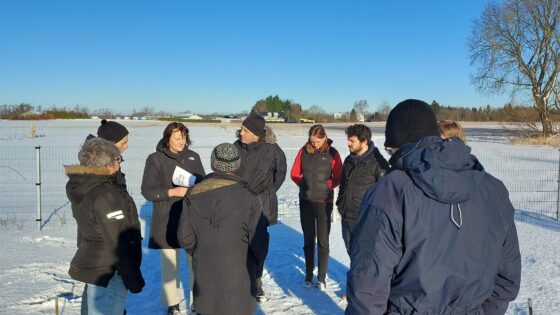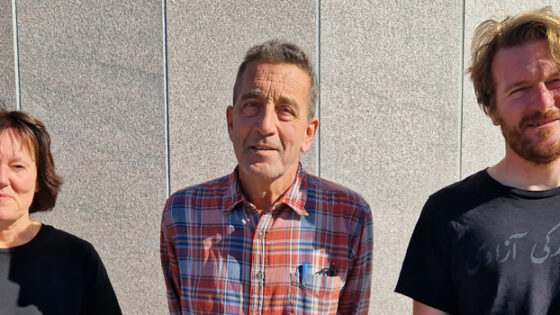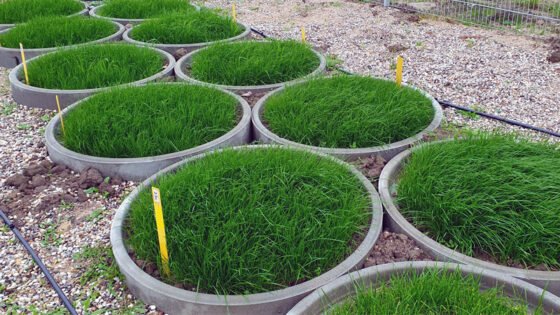Phosphorus availability in sludge biochar
In a four-year frame trial, uptake of phosphorus and heavy metals will be evaluated from two different types of sewage sludge and five different sludge biochars in frame trials.
The soil’s chemical properties that relate to phosphorus availability will be be studied continuously. One section without phosphorus supply and one section with the addition of mineral fertiliser are included as controls. All stages are performed with four replicates.
The project is led by research leader David Gustavsson from VA SYD. Jakob Magid and Dorette Müller-Stöver at the University of Copenhagen are conducting the frame trials with the support of Thomas Kätterer at the Swedish University of Agricultural Sciences, Ann-Mari Fransson at the Linnaeus University and Ulrika Dyrlund Martinsson at the Hushållningssällskapet. The project group also consists of knowledgeable people in agronomy and plant nutrient recycling, who are employed by Swedish wastewater utilities.
The objective is to increase knowledge about how sewage sludge and sludge biochar are utilized by plants in terms of phosphorus utilization in the short and long term. This will enable the assessment of the phosphorus fertilization value of these products.














